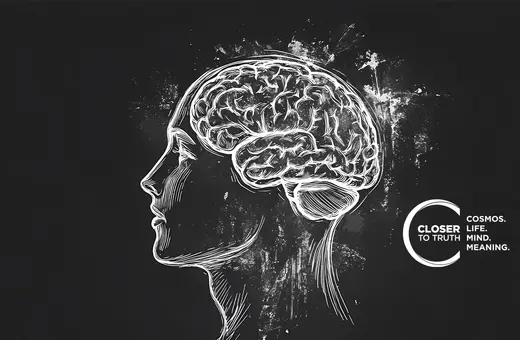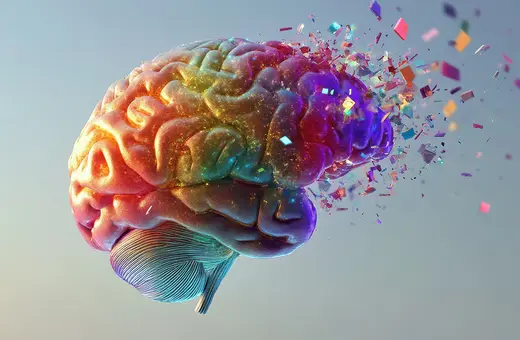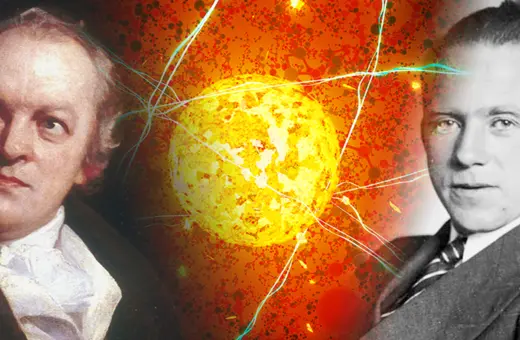In his book, The Case Against Reality, Donald Hoffman used evolutionary theory to argue that we don’t see reality as it truly is. Perception evolved to construct useful fictions, not to access truth. Hoffman’s critics claim that his argument is self-defeating, since evolutionary theory is itself based on supposedly true perceptions of organisms and their reproductive processes. In this article, Hoffman responds. His critics, he argues, misunderstand the nature of scientific theories, which are never the final word, but are rather provisional models, destined to sow the seeds of their own replacement by deeper theories.
We can capture images of black holes, cure many diseases, send spaceships beyond our solar system, and build technologies with capabilities that, to our forbears, would be indistinguishable from magic. Science has been wildly successful. Scientific theories have dramatically evolved in their sophistication and technological promise. Is science on the verge of completing its mission to discover the Theory of Everything? Should we encourage bright students to go elsewhere?
___
The very nature of scientific theories and their evolution ensures that there can never be a final Theory of Everything.
___
I think that there is, in principle, infinite job security in science. The very nature of scientific theories and their evolution ensures that there can never be a final Theory of Everything. Bright students can feel secure. Here’s why.
A scientific theory proposes assumptions and offers explanations.
Einstein’s special theory of relativity, for instance, proposed the assumption of relativity: the laws of physics are the same in all inertial reference frames. And it proposed constancy: light moves at the same speed in a vacuum for all inertial observers, regardless of their motion.
Given these assumptions, his theory explains why moving clocks tick more slowly, why moving objects appear shorter, and why mass and energy are interchangeable.
Or consider evolution by natural selection. It assumes a population of interacting organisms that replicate. Each reproduces in proportion to its fitness, which depends on its genetic or cultural strategies, and how they interact with the strategies of other organisms. Replication, inheritance, and occasional mutations allow strategies to spread at varying rates through the population.
These assumptions are made precise in the mathematics of evolutionary game theory. It explains many biological phenomena, including a remarkable variety of surprising behaviours.
For instance, jewel beetles in the outback of Western Australia are dimpled, glossy, and brown. Females are flightless. Males fly about looking for an available female. If, however, a male spots a beer bottle that is dimpled, glossy, and brown, it alights and endlessly caresses the bottle, seeking in vain to mate.
This is perhaps surprising. After all, male beetles have successfully reproduced for thousands of years. Surely, we might suppose, evolution shaped their senses to truly know their females. They shouldn’t be fooled by an inanimate object much larger than real females.
This alluring bottle is just one example of a supernormal stimulus. Nature has many more.
For instance, many insects, particularly certain species of dragonflies, mayflies, midges, and water beetles, use polarized light as a cue to locate bodies of water where they can lay their eggs. They find oil slicks, asphalt, and other highly polarizing surfaces irresistible, even though they are death traps.
For humans, supernormal stimuli often underlie attractions to junk food, cosmetics, pornography, video games, horror movies, gambling, and ASMR. Many advertisements cleverly use supernormal stimuli to catch attention and hold interest.
___
In short, sensory systems evolved to help us have kids, not to show us the truth.
___






















Join the conversation